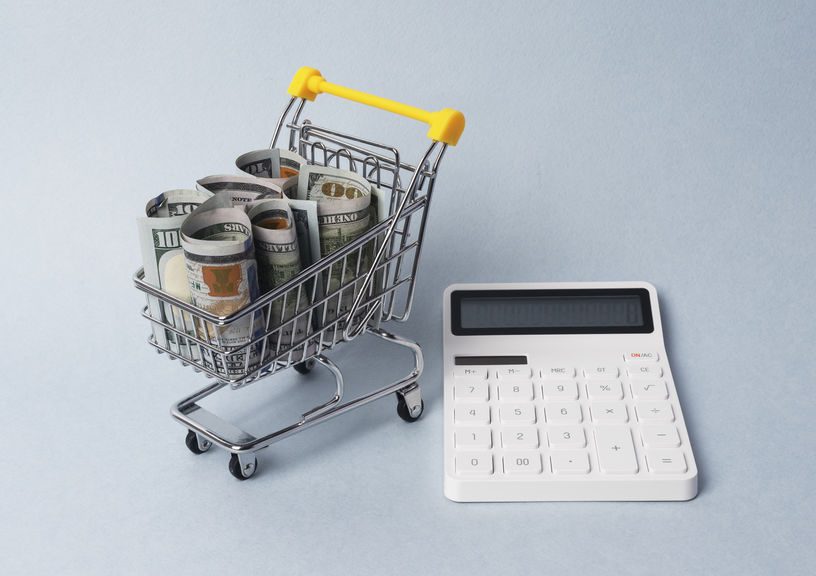Food prices on the rise
February 3, 2021 by DarcieIn anticipation of the upcoming tax season, I recently sat down to look over our household spending for 2020. It was not a surprise to discover that we spent more on groceries and a lot less on eating out last year. Overall our restaurant expenses were down 75 percent, although our grocery bill only increased by about 20 percent, much less than I expected. However, when setting the 2021 budget I might want to bump up my anticipated grocery expenses, because according to many analysts food prices are set to rise.

The Food Institute reports that all six major US grocery store food group indices increased in 2020, with the biggest bump in the meats, poultry, fish, and eggs index, up 4.6%. The cereals and bakery products, and fruits and vegetables indices saw the smallest increases, increasing 3.2% over the past year. I noticed that beef prices in particular were much higher in our local markets.
While most food costs will only modestly rise in developed countries, a few items are set to have larger increases. One of those is canola oil, which is poised to jump in price as global demand is up while last fall’s yields were down. Barring dramatic decreases in appetites for salads, French fries, or hog feed, you can expect to pay a lot more for canola oil in 2021.
Globally, poorer and less developed countries will be hit with higher percentage increases in food prices, meaning that those least able to absorb the costs will bear the brunt of the price spike. Even in advanced countries, any increase in food prices disproportionately affects poor people, many of whom are out of work due to the pandemic. If you are able to do so, please consider contributing to your local food charities as they are likely facing huge increases in demand for their services.
Categories
- All Posts (6942)
- Antipasto (2135)
- Author Articles (247)
- Book News (935)
- Cookbook Giveaways (983)
- Cookbook Lovers (257)
- Cooking Tips (110)
- Culinary News (299)
- Food Biz People (552)
- Food Online (792)
- Holidays & Celebrations (272)
- New Cookbooks (149)
- Recipes (1500)
- Shelf Life With Susie (231)
- What's New on EYB (133)
Archives
Latest Comments
- Slapeti on JoyFull – Cookbook Review & Giveaway
- Slapeti on Rooza by Nadiya Hussain – Cookbook Review and Giveaway
- Slapeti on Danube Cookbook Review and Giveaway
- GenieB on What foods do you look forward to the most for each season?
- Karla123 on Heritage Cookies of the Mediterranean World – Cookbook Giveaway
- Karla123 on Feasts of Good Fortune Cookbook Giveaway
- iht on Danube Cookbook Review and Giveaway
- Sloober on February 2025 EYB Cookbook Club Summary
- matag on February 2025 EYB Cookbook Club Summary
- tsp on February 2025 EYB Cookbook Club Summary